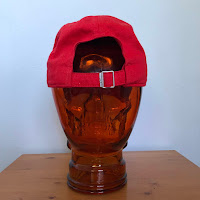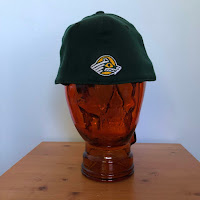The idea for GPS originated during the Cold War after the Soviet Union launched Sputnik I - the first man-made satellite to orbit the earth - in 1957. Today, the GPS consists of 31 satellites owned and operated by the United States. The system attained Full Operational Capacity in April of 1995. Initially, the highest quality signal was reserved for use by the military, with civilians having access to an intentionally degraded signal. In 2000, President Clinton signed a directive granting civilians the same military-grade access. In 2004, Qualcomm became the first company to successfully use active satellite tracking on a mobile phone, which was the beginning of the end for hard-to-fold paper maps and wives begging husbands to stop and ask for directions.
Maybe "Proceed to the route" is the system's way of telling us to get our act together and be active participants in the process. We rely heavily on technology, but should we expect it to take care of every little detail?
Taking it a step further, consider "Proceed to the route" as a call for action that suits any occasion:
Don't feel like exercising today? Proceed to the route!
Procrastinating on that home improvement project? Proceed to the route!
Waiting for just the right moment to escape from that uncomfortable gathering? Proceed to the route!
Not only does GPS have the power to bring people together but it does so efficiently by providing the shortest routes calculated by distance or time. As we all know, time is short. And as we get older, time becomes more valuable than money. With everything going on in the world today, our futures are uncertain. So whether you're planning to connect with friends, search for that new job, or chase your passion, all you need to do is set a course and proceed to the route.












